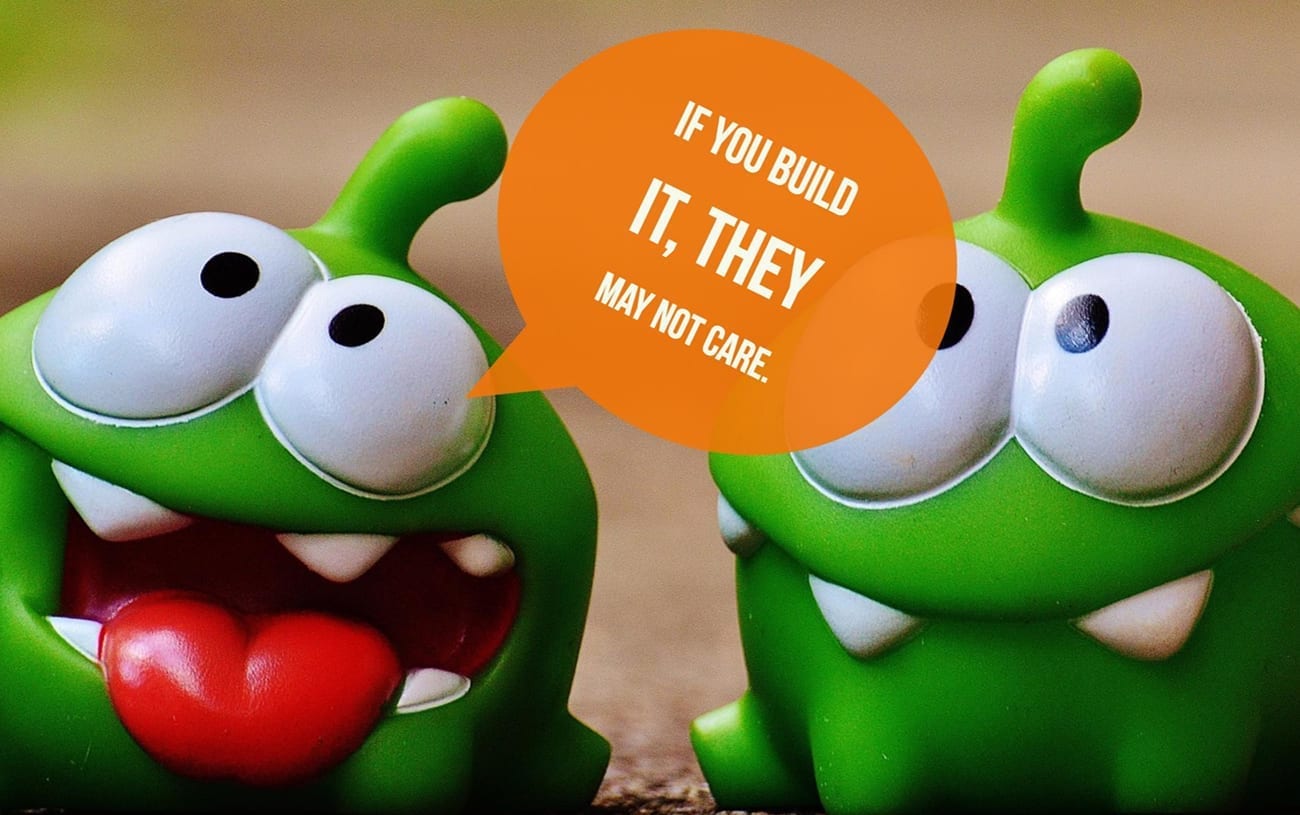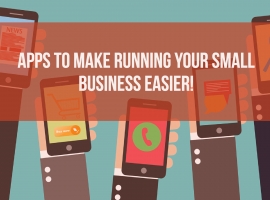Technology…it’s amazing how far it’s come in just a short period of time. And technology has become a huge part of business today.
One modern technological advancement that is really driving the growth and marketing efforts of companies and entrepreneurs alike is the app.
There’s an app for virtually everything today.
From entertaining games that promote creativity and learning, to utilitarian apps that organize your to-do lists, controversial apps that help you spy on your spouse, and even life-saving apps that monitor your heart rate, if you dream it, you can find it.
Because there appear to be inexhaustible markets for online apps (ever hear of iFart and ZitPicker?), many developers have been led to believe that all they need to do for an app to be successful is adopt the mentality of, “Build it and they will come.”
Unless you’ve made an app that is original, solves a problem, entertains, or improves on another app – and unless you market it heavily to attract an initial batch of users who will use it and share it – the odds of an app becoming a massive, profitable, sensation are not really in your favor. Only 10% of apps are installed by 90% of users. Therefore, unless you offer something users just cannot resist, chances are the apps you build will gather not a crowd, but dust.
App developers consider “built-in virality” a huge contributor to an app’s success.
Built-in virality is all about the potential of an app to attract a vast network of new users through exponential growth. This type of growth usually happens when an app is or becomes so useful, engaging, or entertaining that users invite and strongly urge family and friends to try it.
The success of WhatsApp, for example, lies in enabling users of varying platforms to exchange messages in text, video, or audio format at no cost.
It is this built-in virality – this opportunity to create communities and meet up with your tribe – that drives online apps to dizzying heights of success.
Instagram, Snapchat, and Evernote have all become viral and immensely successful because they enable the easy sharing of conversations, special moments, random thoughts, and not-so-random, full-blown projects. They are not just useful; they push boundaries and explore new ways to get more business.
Additionally, one of the most important lessons in business and related endeavors is that the creation of communities is becoming the driving force behind technological innovations.
Emerging apps like DiversifyUs, Grubwithus, and Greater Manchester Police are meant to get people together, spark conversations, and build sustainable relationships that pave the way to the strengthening of new communities.
DiversifyUs hopes to match personal traits of its users so that people who share those traits can start a conversation, establish familiarity, and perhaps develop deeper relationships. Grubwithus encourages people to break bread around a table and build friendships from there. Greater Manchester’s police app exploits geolocation features to register help from residents and keep communities safe.
This simple rule for creating a successful online app transfers to other platforms.
Blogs aim to cultivate a tribe, social media spreads influence, and websites hope to discover brand ambassadors. At the very core of successful online apps is community, a powerful reminder that the Internet, despite the unprecedented growth it has seen, remains one great connection machine.
Icon Credits (thenounproject.com):
Edward Boatman; Beatriz Isaura Cantu Brandi; Carla Dias; Liv Iko






There are no comments